Breast screening trial hopes to find cancers earlier
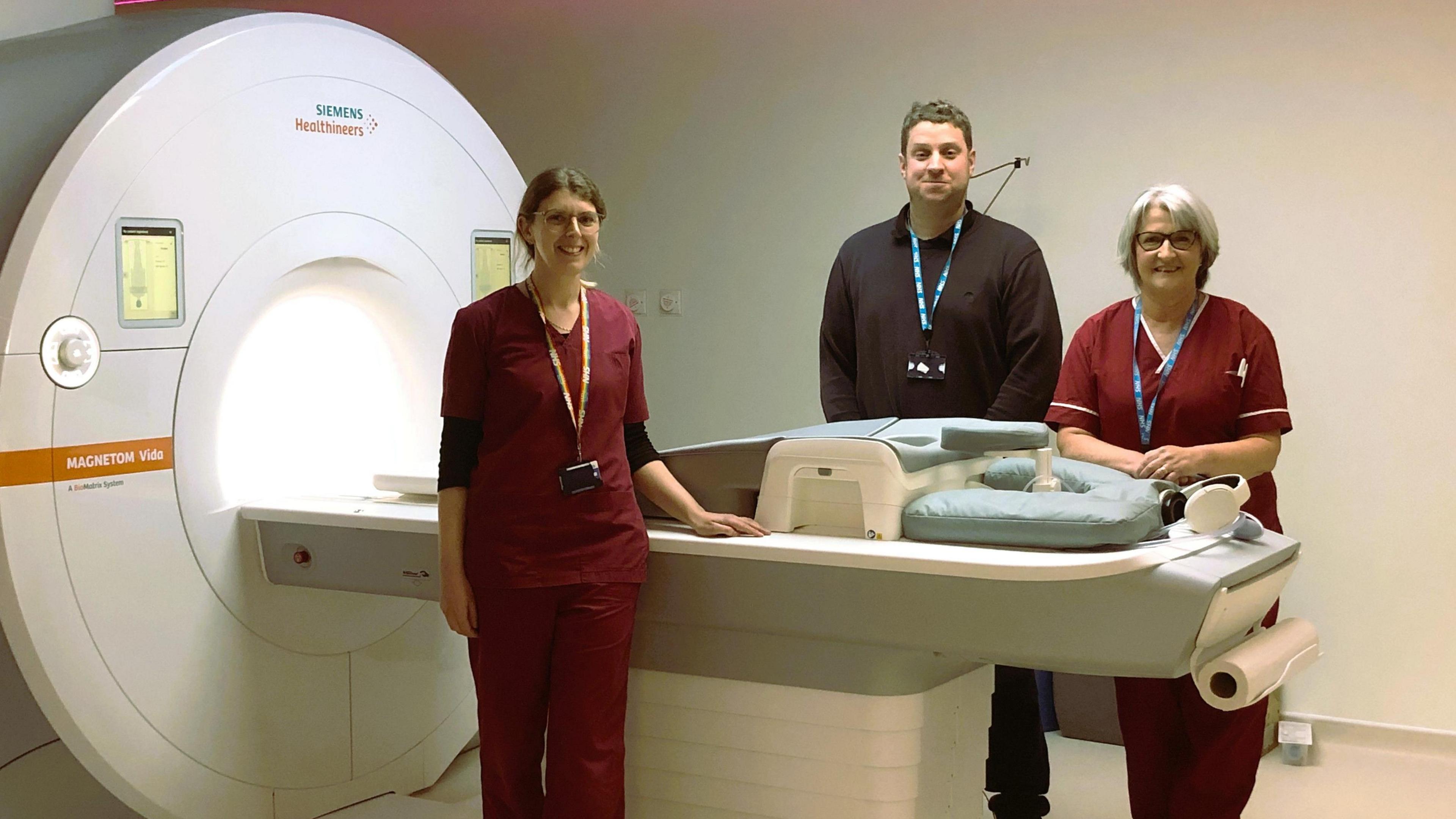
The study is asking whether a newer technology called FAST MRI could find cancers even earlier than mammograms can
- Published
A new breast cancer study is looking at whether a fast MRI scan might help find "hard to spot" tumours earlier.
The Fast MRI Dyamond study is being led by North Bristol NHS Trust and will scan about 1,000 women, aged 50 to 52, across six NHS sites, including Cheltenham, Swindon and Truro.
It is hoped the MRI scan – which is carried out in around three minutes - will detect breast cancers that may not be picked up routinely by mammograms in women with average breast density.
Dr Lyn Jones, consultant radiologist and the study lead, believes lives could be saved, adding: "We know that Fast MRI can find cancers earlier than mammograms for women with dense breasts."
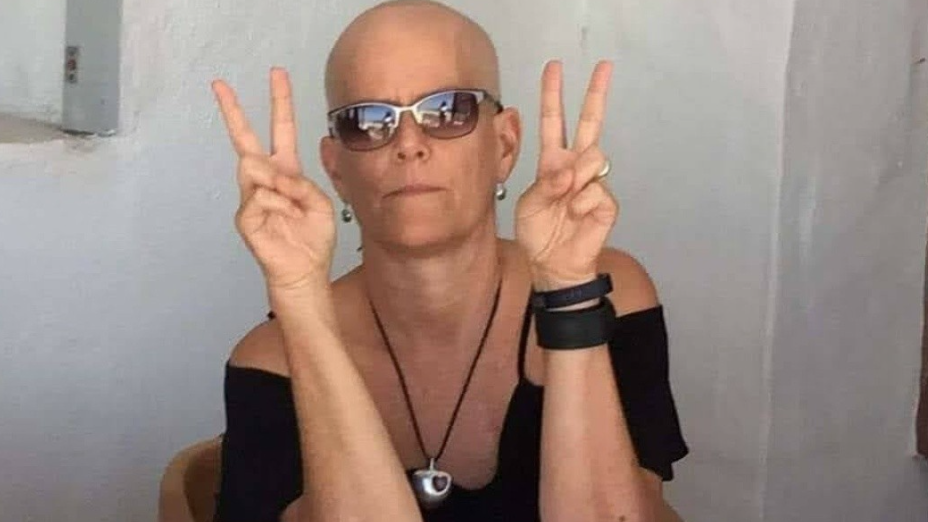
Alison Dalgliesh Nortje died from breast cancer in 2023
One of those joining the three and a half year study is Diana Dalgliesh, whose sister Alison died in 2023 from breast cancer in her 40s.
Ms Dalgliesh, who works at Southmead Hospital, said: "Her breast cancer was not picked up on a mammogram which she'd had only a few months before her diagnosis.
"Perhaps if there had been a different way of screening it might have been [picked up], so I thought if I am able to have an MRI scan, it may detect things earlier than if I just had a mammogram alone."
Ms Dalgliesh said she has "little doubt" her sister's cancer would have been picked up earlier, if she had the option of an MRI.
"I know the type of cancer she had is more easily seen on an MRI than a mammogram, whether it would have changed the outcome I don't know," she added.
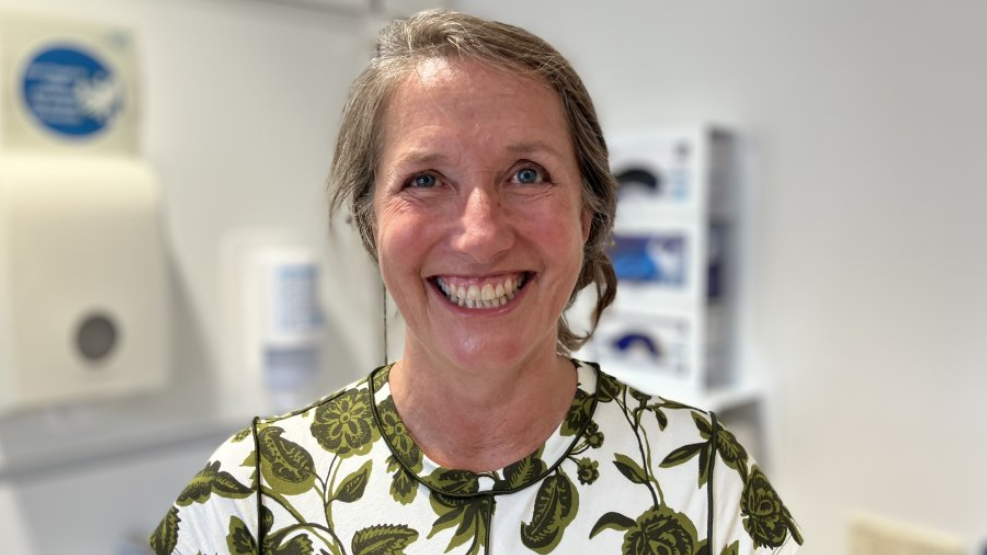
Dr Lyn Jones said the earlier a breast cancer is diagnosed the better the outcomes for that patient
At age 50 to 52, breasts can look both completely white or dark on mammograms.
Both appearances are normal, as are all the different combinations of white and dark in between. These differences are called mammographic density or breast density.
However, breast density can make a small cancer difficult to spot on a mammogram.
The Fast MRI is a shortened form of a breast MRI scan that has already been proven to find aggressive cancers smaller than a centimetre for women with dense breasts.
Other benefits of Fast MRI include there being no need to flatten the breast – which can cause discomfort and no need for radiation (X-rays).
Jointly funded by grants of £1.36m from the Medical Research Council and the National Institute for Health and Care Research (NIHR), it will be the first time in the UK that breast MRI scans will be offered to women with average breast density at their routine screening mammogram.
Janice Rose, from Independent Cancer Patients' Voice, a patient advocate group, said the Fast MRI technology "could have a huge benefit to women entering the screening programme".
"Early diagnosis for breast cancer gives women the best possible outcome," she added.
The NHS Breast Screening Programme offers women aged 50 to 70 years old a mammogram every three years.
By detecting breast cancers before they can be seen or felt, breast screening already saves around 1,300 lives each year in the UK.
Get in touch
Tell us which stories we should cover in Bristol
Follow BBC Bristol on Facebook, external, X, external and Instagram, external. Send your story ideas to us on email or via WhatsApp on 0800 313 4630.
- Published15 July
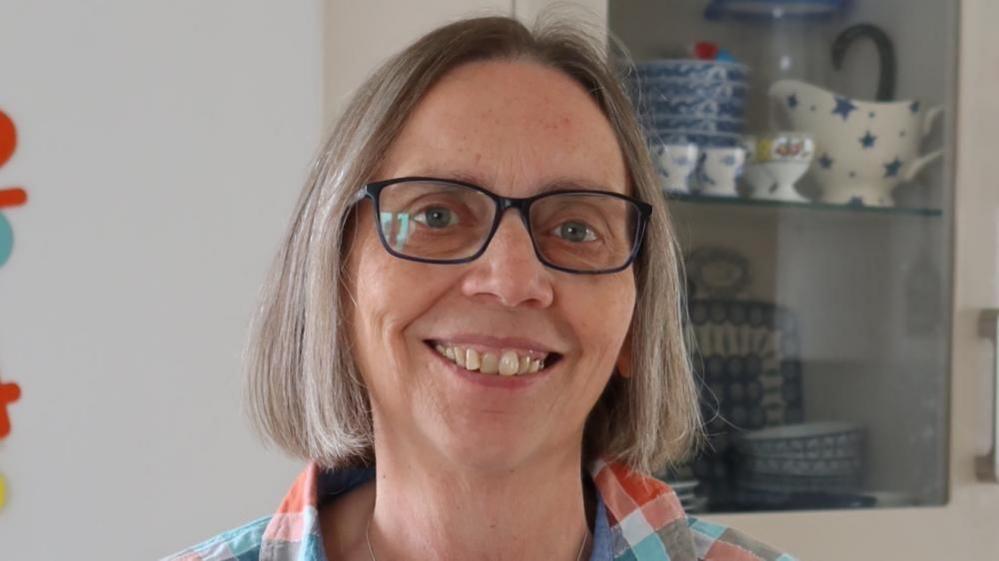
- Published29 June
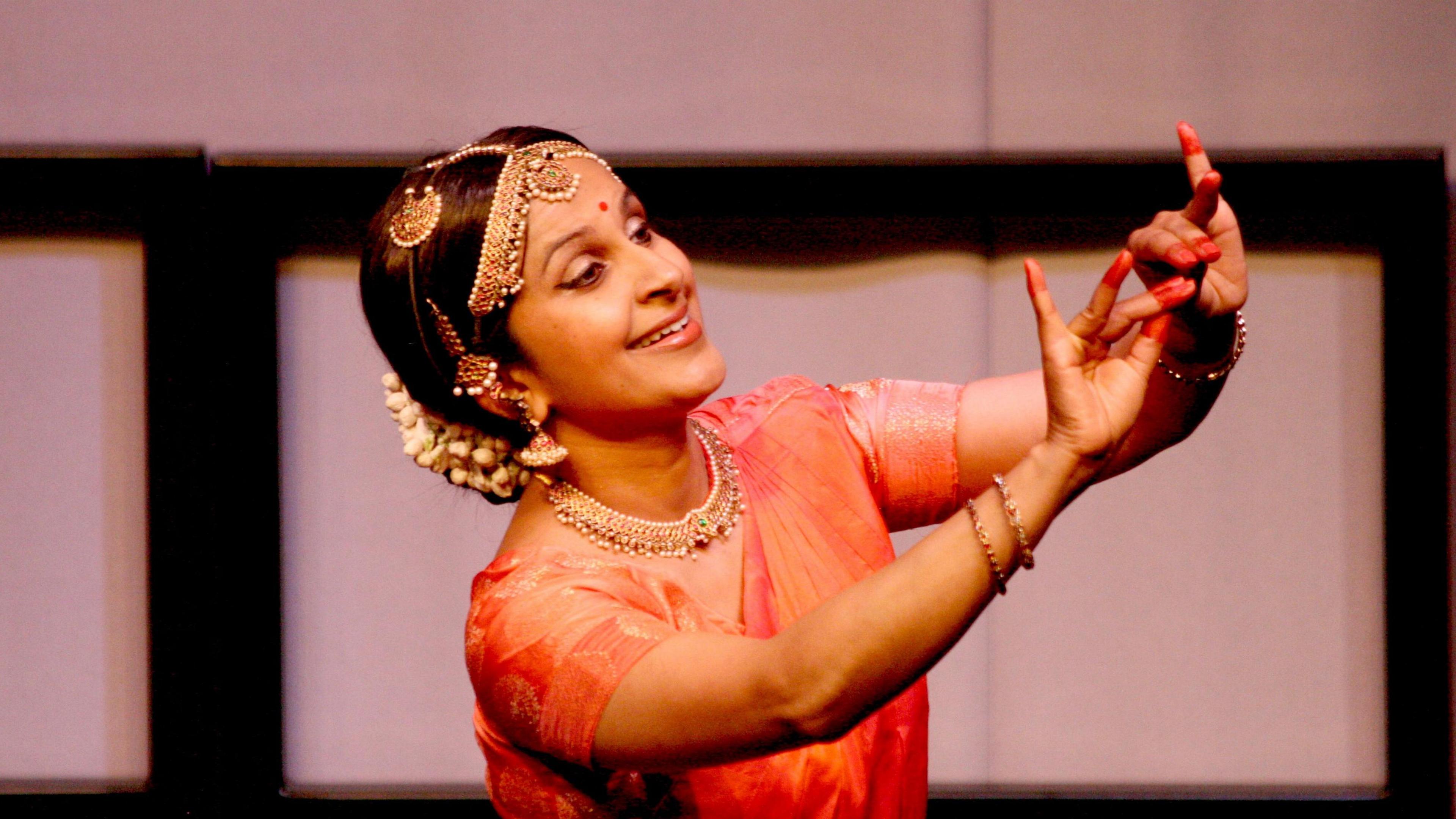
- Published10 June
